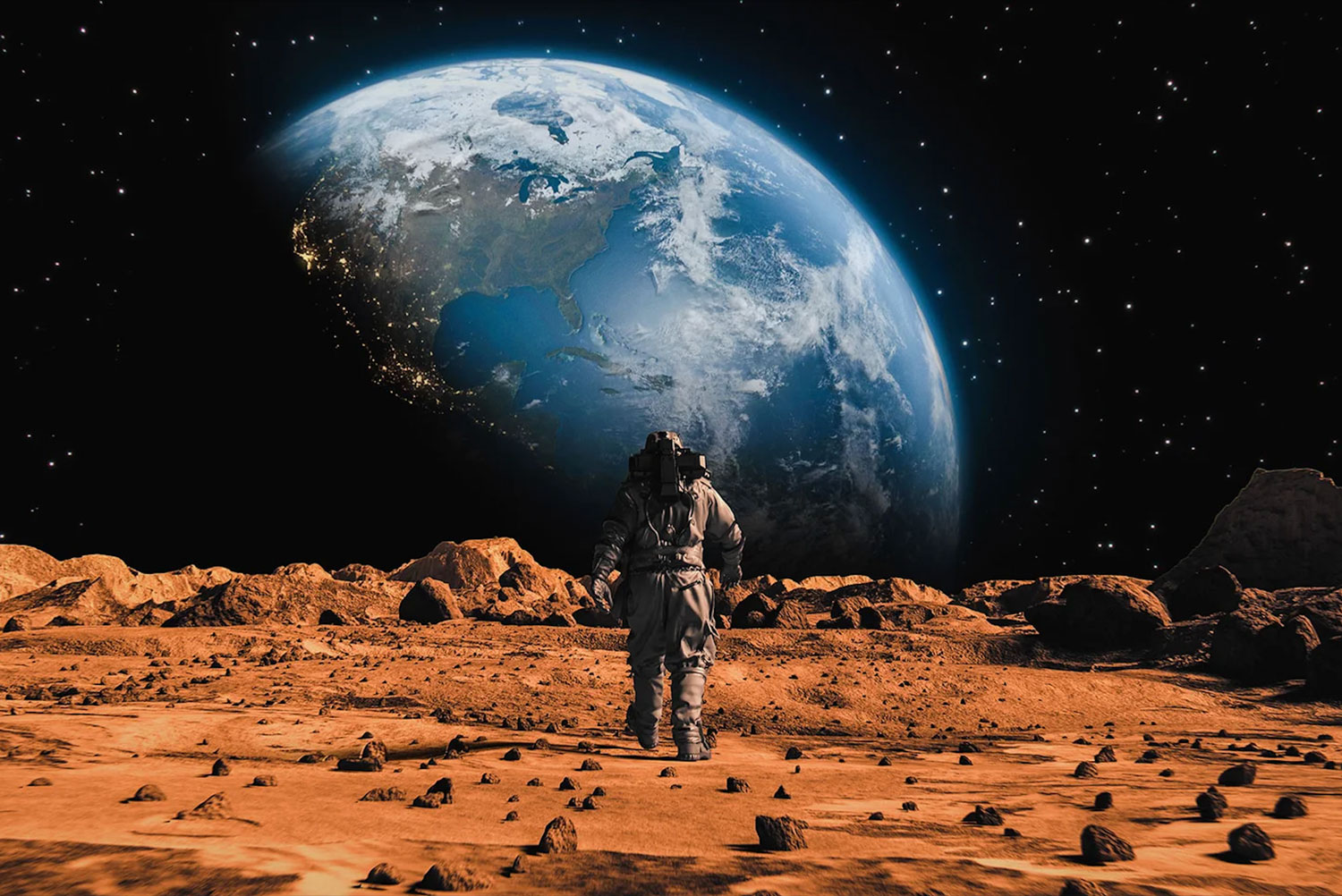CHAPTER IX — Mars has no Political System
byCHAPTER IX — Mars has no Political System offers a detailed exploration of how Martian society operates without the conventional political structures that dominate Earth. On Mars, there is no need for political systems or governmental oversight, as the inhabitants rely entirely on an overarching principle of love and self-guidance to govern their actions. Unlike the bureaucracies and political hierarchies commonly found on Earth, Martian society thrives through self-regulation, with individuals guided by their inner sense of moral and spiritual responsibility. This fundamental difference in governance may be surprising or even unsettling for those accustomed to Earth’s political structures, but it works effortlessly on Mars because of the innate harmony within the population. The absence of selfishness or personal greed is a key factor in this system’s success, as everyone prioritizes the well-being of the whole over individual desires, ensuring that mutual respect and cooperation are maintained in every aspect of life.
In terms of economics, Mars operates based on principles that starkly contrast with Earth’s competitive market-driven systems. Instead of markets driven by competition, profit, and scarcity, Martian economics is founded on mutual benefit, with production systems and factories designed solely to meet the needs of the population. There is no rivalry for resources, as everything is produced in accordance with what is necessary for the well-being of the society as a whole. This economic system succeeds because it is rooted in the spiritual understanding of the Martian people, who prioritize the collective good over individual accumulation. Spiritual advisors, with a profound understanding of the divine, guide the people on how best to align their actions with universal truths. Their role is crucial, ensuring that both individual and communal well-being are maintained, which parallels ancient Earth traditions where spiritual figures served as guides for the welfare of the community. These advisors act like prophets, drawing on divine wisdom to shape the day-to-day functioning of Martian society.
On Mars, the societal model not only applies to the political and economic aspects but also affects the way in which individuals approach daily life and relationships. The absence of political systems and economic competition creates a utopian environment where individuals live in harmony, not just with each other, but also with the environment. There is no struggle for dominance, and no need for individuals to fight for power or influence, as everyone is considered equal in terms of both value and contribution. This harmonious society functions as a living example of what can be achieved when individuals and communities align with universal principles, where love, selflessness, and spiritual awareness form the foundation of all actions. The Martians live as a cohesive unit, deeply interconnected with one another, with no division based on social standing or wealth. This unified approach to life shows that when a society functions in accordance with spiritual laws and mutual respect, prosperity and peace are not only possible but sustainable.
In conclusion, the absence of political struggles and economic disparity on Mars highlights a society where cooperation, spiritual maturity, and mutual respect are paramount. The Martians’ ability to live without the divisiveness often caused by political and economic conflict shows that it is possible for a society to flourish without these struggles. Their example serves as a reflection of the ideal that spiritual alignment, love, and shared responsibility can lead to a peaceful and prosperous society. Mars’ system of self-regulation without government interference provides a powerful critique of Earth’s current political and economic systems, urging humans to reconsider their approach to governance, resource allocation, and societal development. The peaceful, harmonious life of the Martians offers a glimpse into a future where Earth might embrace similar values, aligning its political and economic practices with universal principles of love, spirituality, and mutual respect. This vision invites the possibility of a more connected and harmonious world, transcending the limitations that currently divide human societies.


